 Trump’s tariffs to remain in effect after appeals court grants stay to consider the government’s position. In related news: Prime Minister Carney welcomed the trade policy snag, as analysts weigh in on its potential impact and how Canada could win the trade war; tariff pause creates housing hopes amid affordability concerns; and the US economy shrank 0.2% in Q1, 2025. Meanwhile: South Carolina’s New Indy paper mill is called out for mercury pollution.
Trump’s tariffs to remain in effect after appeals court grants stay to consider the government’s position. In related news: Prime Minister Carney welcomed the trade policy snag, as analysts weigh in on its potential impact and how Canada could win the trade war; tariff pause creates housing hopes amid affordability concerns; and the US economy shrank 0.2% in Q1, 2025. Meanwhile: South Carolina’s New Indy paper mill is called out for mercury pollution.
In Forestry news: the USDA invests $200M in active forest management; the EU Deforestation Regulation is panned for governance lapse; and wildfire challenge updates from Saskatchewan, Alberta; Ontario and southern Europe. Meanwhile: BC’s Sunshine Coast Community Forest is recognized for excellence; and the latest news from the BC Forest Enhancement Society, and the Wood Pellet Association of Canada.
Finally, Forest Safety Awareness weeks wraps with stories on extreme heat, crew talks and danger trees.
Kelly McCloskey, Tree Frog News Editor
 In recent years we have seen an increase in the unpredictable nature of summer weather conditions. Recently BC broke numerous heat records due to a heat dome which led to an unprecedented number of heat related illnesses and fatalities.
In recent years we have seen an increase in the unpredictable nature of summer weather conditions. Recently BC broke numerous heat records due to a heat dome which led to an unprecedented number of heat related illnesses and fatalities.  People who work outdoors can often be at the highest risk for heat-related illnesses and injuries during hot summer conditions. High temperatures and sunshine can be a wonderful thing when enjoying time at the lake or on the beach but can cause serious health issues. The wide variety of job roles and often rigorous physical activity in forestry can put workers at risk for heat-related illness if not managed properly.
People who work outdoors can often be at the highest risk for heat-related illnesses and injuries during hot summer conditions. High temperatures and sunshine can be a wonderful thing when enjoying time at the lake or on the beach but can cause serious health issues. The wide variety of job roles and often rigorous physical activity in forestry can put workers at risk for heat-related illness if not managed properly.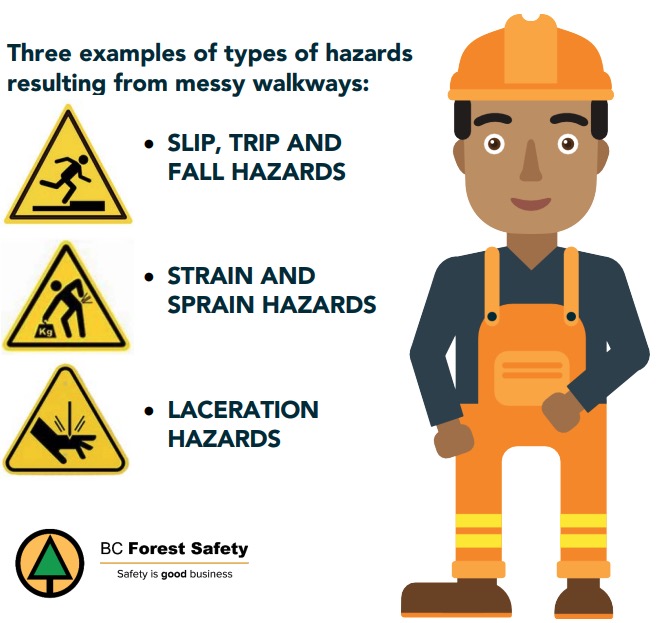 These weekly resources are simple yet powerful tools to help keep safety conversations alive and evolving in your workplace. BCFSC offers a library of hundreds of Crew Talks each designed to support short, focused safety discussions in five minutes or less. They support effective supervisor-worker engagement, helping spark meaningful conversations about current safety procedures and concerns.
These weekly resources are simple yet powerful tools to help keep safety conversations alive and evolving in your workplace. BCFSC offers a library of hundreds of Crew Talks each designed to support short, focused safety discussions in five minutes or less. They support effective supervisor-worker engagement, helping spark meaningful conversations about current safety procedures and concerns.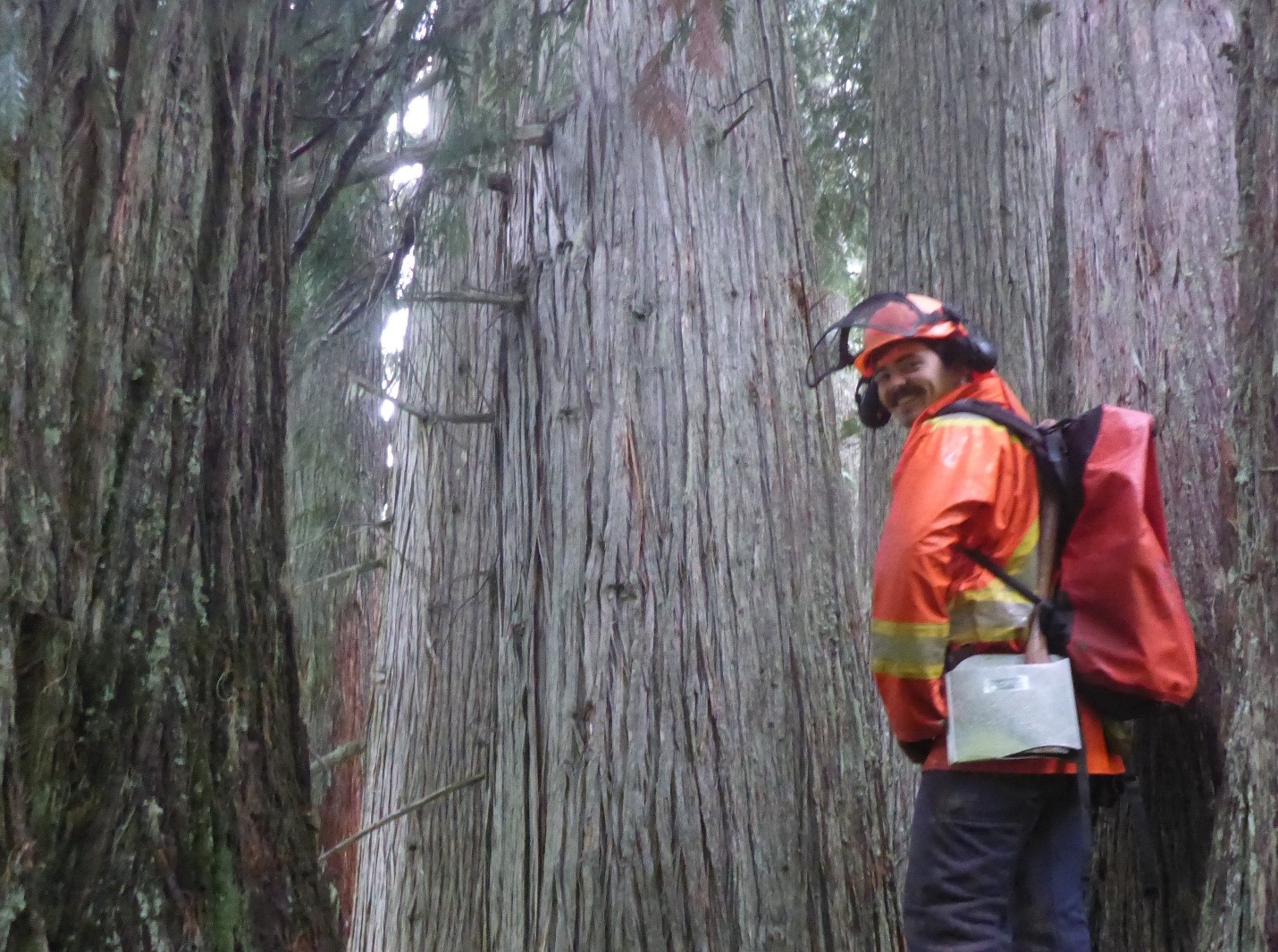 Whether working or playing, it is essential to be aware of a forest’s potential hazards and what can put you at risk, specifically as it relates to the trees. …“If a tree falls in the forest, does anyone hear?” … only if someone is near enough to hear. The same applies to the danger it may pose. If no one is near it, then even if it falls, it isn’t a danger to anyone. Spend enough time in a forest and you will witness a tree fall over on its own.
Whether working or playing, it is essential to be aware of a forest’s potential hazards and what can put you at risk, specifically as it relates to the trees. …“If a tree falls in the forest, does anyone hear?” … only if someone is near enough to hear. The same applies to the danger it may pose. If no one is near it, then even if it falls, it isn’t a danger to anyone. Spend enough time in a forest and you will witness a tree fall over on its own. Canada continues to stare down the barrel of the American trade war. The United States-Mexico-Canada Agreement faces its first big review in 2026. This country remains in a uniquely high-stakes moment. …This will, and will always be, an uneven fight. Canada is 40 million people and only the world’s ninth largest economy. A middle power is going up against the world’s richest and most powerful country. How exactly is it even possible for Canada to win in this asymmetric trade war? Crucially, this conflict isn’t just about steel, soybeans or softwood lumber – it’s about narrative and power. …US President Trump frames trade deficits as proof that the US is “losing”:
Canada continues to stare down the barrel of the American trade war. The United States-Mexico-Canada Agreement faces its first big review in 2026. This country remains in a uniquely high-stakes moment. …This will, and will always be, an uneven fight. Canada is 40 million people and only the world’s ninth largest economy. A middle power is going up against the world’s richest and most powerful country. How exactly is it even possible for Canada to win in this asymmetric trade war? Crucially, this conflict isn’t just about steel, soybeans or softwood lumber – it’s about narrative and power. …US President Trump frames trade deficits as proof that the US is “losing”: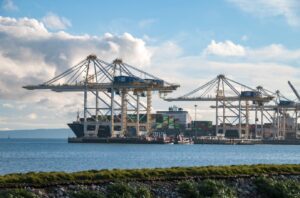 A federal appeals court temporarily reinstated the most sweeping of President Trump’s tariffs, a day after a US trade court ruled that Trump had exceeded his authority in imposing the duties and ordered an immediate block on them. The United States Court of Appeals for the Federal Circuit in Washington said it was pausing the lower court’s ruling to consider the government’s appeal. Wednesday’s surprise ruling by the US Court of International Trade had threatened Trump’s Liberation Day tariffs and additional tariffs on goods from Canada, Mexico and China. The trade court ruled that the Constitution gave Congress, not the president, the power to levy taxes and tariffs, and that the president had exceeded his authority by invoking the International Emergency Economic Powers Act. …Trump administration officials had said they were undeterred by the trade court’s ruling, saying they expected either to prevail on appeal or employ other presidential powers to ensure the tariffs go into effect.
A federal appeals court temporarily reinstated the most sweeping of President Trump’s tariffs, a day after a US trade court ruled that Trump had exceeded his authority in imposing the duties and ordered an immediate block on them. The United States Court of Appeals for the Federal Circuit in Washington said it was pausing the lower court’s ruling to consider the government’s appeal. Wednesday’s surprise ruling by the US Court of International Trade had threatened Trump’s Liberation Day tariffs and additional tariffs on goods from Canada, Mexico and China. The trade court ruled that the Constitution gave Congress, not the president, the power to levy taxes and tariffs, and that the president had exceeded his authority by invoking the International Emergency Economic Powers Act. …Trump administration officials had said they were undeterred by the trade court’s ruling, saying they expected either to prevail on appeal or employ other presidential powers to ensure the tariffs go into effect.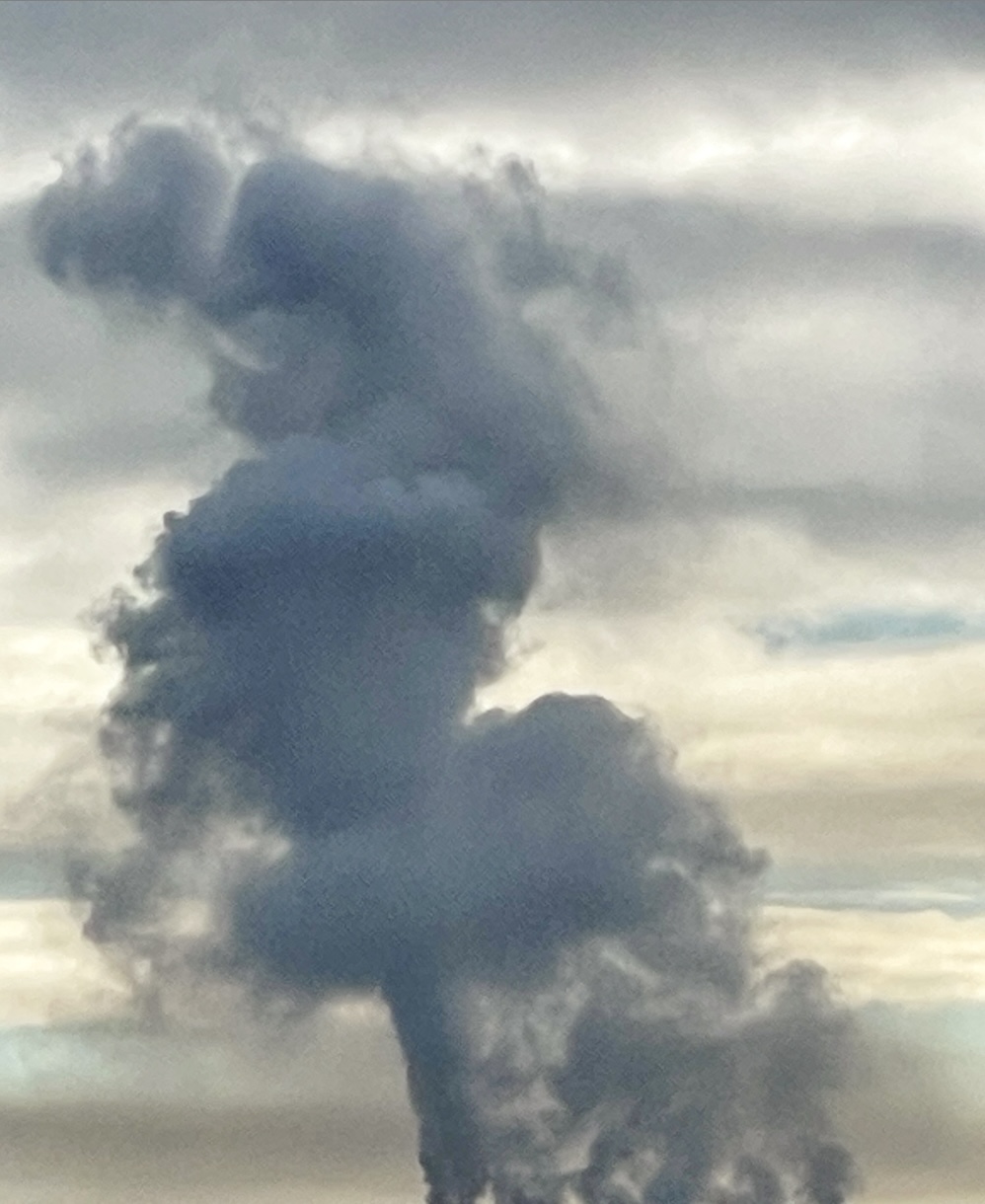 YORK COUNTY — South Carolina’s New Indy paper mill… releases more of a powerful neurotoxin into the air than any other major paper plant in the country, a new report says. The amount of mercury leaving New Indy’s York County plant is
YORK COUNTY — South Carolina’s New Indy paper mill… releases more of a powerful neurotoxin into the air than any other major paper plant in the country, a new report says. The amount of mercury leaving New Indy’s York County plant is  A pause on some tariffs creates a window for Canadian companies to re-examine their risk profiles and work with brokers to secure needed coverage. Both Bay Street and Wall Street are cheering the ruling from the US Court of International Trade that, at least temporarily, tamps down the 10% tariffs the White House imposed on most countries, and drug-related emergency orders setting 25% tariffs on some goods from Canada and Mexico. …Some companies may use tariff lulls to stock up on certain key materials. …Construction companies, for example, often import flooring products from the US, even though Canadian builders have good access to lumber. For them, stockpiling those materials reduces the economic impacts of both US tariffs and Canadian retaliatory tariffs. …Additional optimism arrived via King Charles III’s Speech from the Throne this week. The document opening Canada’s parliament commits to major economic initiatives, including large-scale increases in housing construction.
A pause on some tariffs creates a window for Canadian companies to re-examine their risk profiles and work with brokers to secure needed coverage. Both Bay Street and Wall Street are cheering the ruling from the US Court of International Trade that, at least temporarily, tamps down the 10% tariffs the White House imposed on most countries, and drug-related emergency orders setting 25% tariffs on some goods from Canada and Mexico. …Some companies may use tariff lulls to stock up on certain key materials. …Construction companies, for example, often import flooring products from the US, even though Canadian builders have good access to lumber. For them, stockpiling those materials reduces the economic impacts of both US tariffs and Canadian retaliatory tariffs. …Additional optimism arrived via King Charles III’s Speech from the Throne this week. The document opening Canada’s parliament commits to major economic initiatives, including large-scale increases in housing construction. New homes development got a shot in the arm this spring with April starts rising in Canada and the United States. Recent reports from TD Economics examined new home data in both markets, finding month-over-month rises in starts for April. In Canada, starts jumped 30 per cent month over month, marking the largest rise since June 2023. Driving growth was the multi-family family segment that saw starts rise 34 per cent, whereas single-family detached home starts gained six per cent from March. …TD noted the “bounce-back” in activity was not unsurprising given levels were so low to start the year. What’s more, housing starts could “be softening,” amid higher construction costs and lower immigration, it cautioned. In the U.S., activity was less robust by percentage growth. Starts there increased less than two per cent month over month.
New homes development got a shot in the arm this spring with April starts rising in Canada and the United States. Recent reports from TD Economics examined new home data in both markets, finding month-over-month rises in starts for April. In Canada, starts jumped 30 per cent month over month, marking the largest rise since June 2023. Driving growth was the multi-family family segment that saw starts rise 34 per cent, whereas single-family detached home starts gained six per cent from March. …TD noted the “bounce-back” in activity was not unsurprising given levels were so low to start the year. What’s more, housing starts could “be softening,” amid higher construction costs and lower immigration, it cautioned. In the U.S., activity was less robust by percentage growth. Starts there increased less than two per cent month over month. The US economy shrank at a 0.2% annual pace from January through March, the first drop in three years, as President Trump’s trade wars disrupted business… a slight upgrade of its initial estimate. First-quarter growth was brought down by a surge in imports as companies in the United States hurried to bring in foreign goods before the president imposed massive import taxes. The January-March drop in gross domestic product — the nation’s output of goods and services — reversed a 2.4% gain in the fourth quarter of 2024. Imports grew at a 42.6% pace, fastest since third-quarter 2020, and shaved more than 5 percentage points off GDP growth. Consumer spending also slowed sharply. And federal government spending fell at a 4.6% annual pace, the biggest drop in three years. …From January through March, business investment surged 24.4%. An increase in inventories — as businesses stocked up ahead of the tariffs — added more than 2.6 percentage points to first-quarter GDP growth.
The US economy shrank at a 0.2% annual pace from January through March, the first drop in three years, as President Trump’s trade wars disrupted business… a slight upgrade of its initial estimate. First-quarter growth was brought down by a surge in imports as companies in the United States hurried to bring in foreign goods before the president imposed massive import taxes. The January-March drop in gross domestic product — the nation’s output of goods and services — reversed a 2.4% gain in the fourth quarter of 2024. Imports grew at a 42.6% pace, fastest since third-quarter 2020, and shaved more than 5 percentage points off GDP growth. Consumer spending also slowed sharply. And federal government spending fell at a 4.6% annual pace, the biggest drop in three years. …From January through March, business investment surged 24.4%. An increase in inventories — as businesses stocked up ahead of the tariffs — added more than 2.6 percentage points to first-quarter GDP growth.



 The Red Flag Warning has been sounded by Alberta Wildfire. But what does it mean? It means conditions are ripe for the ignition and fast-moving spread of wildfires. The forest-fire experts use a sliding scale, first adopted by the U.S. National Weather Service, to determine how dry the conditions are in the forest areas, and how the wind could help fan the flames if that dry tinder is ignited. Basically, a score is calculated based on wind speed, heat and the lack of humidity. A sample document provided by Alberta Wildfire shows a hypothetical watch being created when the maximum daily temperatures is expected to hit 33 Celsius, the humidity is at 25 per cent or lower, and wind speeds are 10 km/h. Basically, when it is punishingly hot and dry, it doesn’t take a lot of wind to trigger an alert. “And, just like weather alerts, “watch” is one level below “warning.”
The Red Flag Warning has been sounded by Alberta Wildfire. But what does it mean? It means conditions are ripe for the ignition and fast-moving spread of wildfires. The forest-fire experts use a sliding scale, first adopted by the U.S. National Weather Service, to determine how dry the conditions are in the forest areas, and how the wind could help fan the flames if that dry tinder is ignited. Basically, a score is calculated based on wind speed, heat and the lack of humidity. A sample document provided by Alberta Wildfire shows a hypothetical watch being created when the maximum daily temperatures is expected to hit 33 Celsius, the humidity is at 25 per cent or lower, and wind speeds are 10 km/h. Basically, when it is punishingly hot and dry, it doesn’t take a lot of wind to trigger an alert. “And, just like weather alerts, “watch” is one level below “warning.” British Columbia’s forests are home to a diverse range of wildlife species, which play a significant role in the ecology of a living forest. At the Forest Enhancement Society of BC, we recognize that responsible forest management plays a crucial role in enhancing wildlife habitat and supporting biodiversity. Because of this, one of our key purposes as an organization is to help improve wildlife habitat within B.C.’s forests. Collaborating with the Habitat Conservation Trust Foundation we have supported over 100 wildlife habitat enhancement projects restoring forest health and evaluating the habitat and wildlife response to fire… In this newsletter: Tick Safety from the BC Forest Safety Council; An interview with Thomas Sullivan, Applied Mammal Research Institute; 64 newly funded forest enhancement projects; Lower Nicola Indian Band wildfire risk reduction; and a UBC Faculty of Forestry survey explores interest in international tours.
British Columbia’s forests are home to a diverse range of wildlife species, which play a significant role in the ecology of a living forest. At the Forest Enhancement Society of BC, we recognize that responsible forest management plays a crucial role in enhancing wildlife habitat and supporting biodiversity. Because of this, one of our key purposes as an organization is to help improve wildlife habitat within B.C.’s forests. Collaborating with the Habitat Conservation Trust Foundation we have supported over 100 wildlife habitat enhancement projects restoring forest health and evaluating the habitat and wildlife response to fire… In this newsletter: Tick Safety from the BC Forest Safety Council; An interview with Thomas Sullivan, Applied Mammal Research Institute; 64 newly funded forest enhancement projects; Lower Nicola Indian Band wildfire risk reduction; and a UBC Faculty of Forestry survey explores interest in international tours.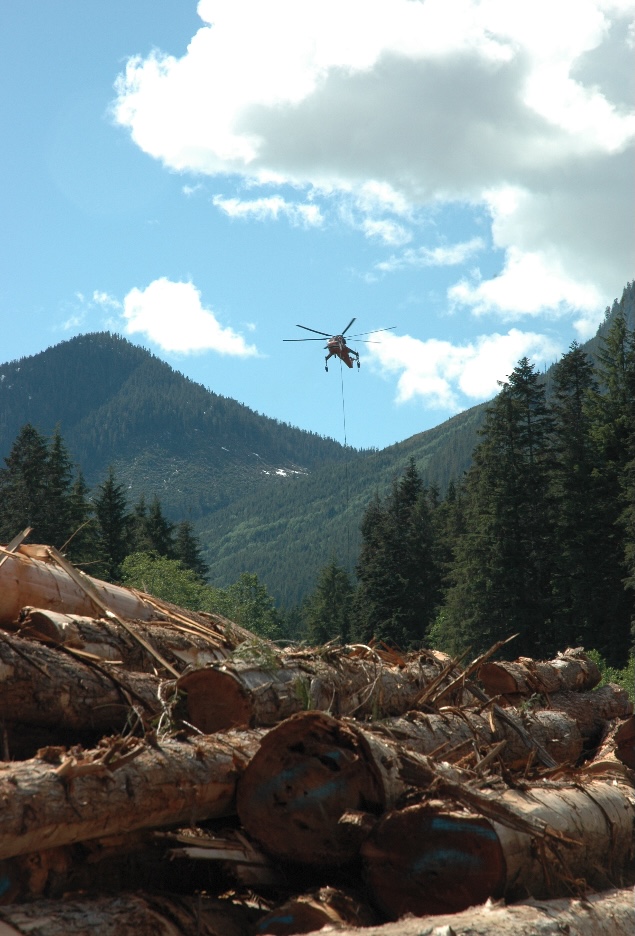 qathet Regional District’s planning committee is recommending the regional board express no objection to a Western Forest Products helicopter logging operation on Powell Lake. At the May 27 planning committee meeting, directors considered a recommendation to advise the provincial ministry of water, land and resource stewardship that the regional district has no objection to the crown land application for a licence of occupation for the purpose of industrial log handling and storage on the northern arm of the lake. Electoral Area A director and committee chair Jason Lennox said there was a detailed staff report on the application. “I’m in support of the recommendation,” said Lennox. “If you read the report, it’s a three-year activity for harvesting into the lake. You will see the different due diligence pieces in there around mitigation measures to the environment; the Powell Region Cabin Owners Association was consulted as well.
qathet Regional District’s planning committee is recommending the regional board express no objection to a Western Forest Products helicopter logging operation on Powell Lake. At the May 27 planning committee meeting, directors considered a recommendation to advise the provincial ministry of water, land and resource stewardship that the regional district has no objection to the crown land application for a licence of occupation for the purpose of industrial log handling and storage on the northern arm of the lake. Electoral Area A director and committee chair Jason Lennox said there was a detailed staff report on the application. “I’m in support of the recommendation,” said Lennox. “If you read the report, it’s a three-year activity for harvesting into the lake. You will see the different due diligence pieces in there around mitigation measures to the environment; the Powell Region Cabin Owners Association was consulted as well.
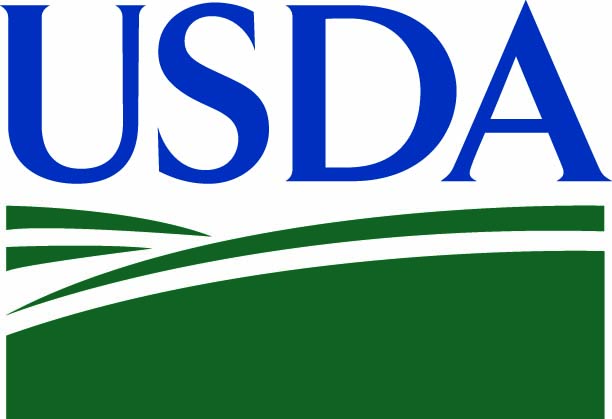 Washington, D.C. – U.S. Secretary of Agriculture Brooke Rollins announced a bold $200 million investment to implement the U. S. Department of Agriculture (USDA) Forest Service’s National Active Forest Management Strategy, a key initiative to increase timber harvest, improve forest health and productivity, reduce wildfire risk, and support rural prosperity in forest communities. The strategy supports President Trump’s Executive Order: Immediate Expansion of Timber Production by streamlining burdensome regulations, leveraging emergency authorities, and expediting project approvals—ensuring faster access to critical timber resources. Increasing the use of long-term contracts to carry out these projects, the strategy envisions a more stable supply of wood products, healthier forests, and stronger rural economies. “Trump is committed to cutting red tape, rolling back burdensome regulations and unleashing the potential of America’s abundant natural resources. This is a win for … forest management which will help keep our forests safer and reduce wildfire risk,” said Secretary Rollins.
Washington, D.C. – U.S. Secretary of Agriculture Brooke Rollins announced a bold $200 million investment to implement the U. S. Department of Agriculture (USDA) Forest Service’s National Active Forest Management Strategy, a key initiative to increase timber harvest, improve forest health and productivity, reduce wildfire risk, and support rural prosperity in forest communities. The strategy supports President Trump’s Executive Order: Immediate Expansion of Timber Production by streamlining burdensome regulations, leveraging emergency authorities, and expediting project approvals—ensuring faster access to critical timber resources. Increasing the use of long-term contracts to carry out these projects, the strategy envisions a more stable supply of wood products, healthier forests, and stronger rural economies. “Trump is committed to cutting red tape, rolling back burdensome regulations and unleashing the potential of America’s abundant natural resources. This is a win for … forest management which will help keep our forests safer and reduce wildfire risk,” said Secretary Rollins.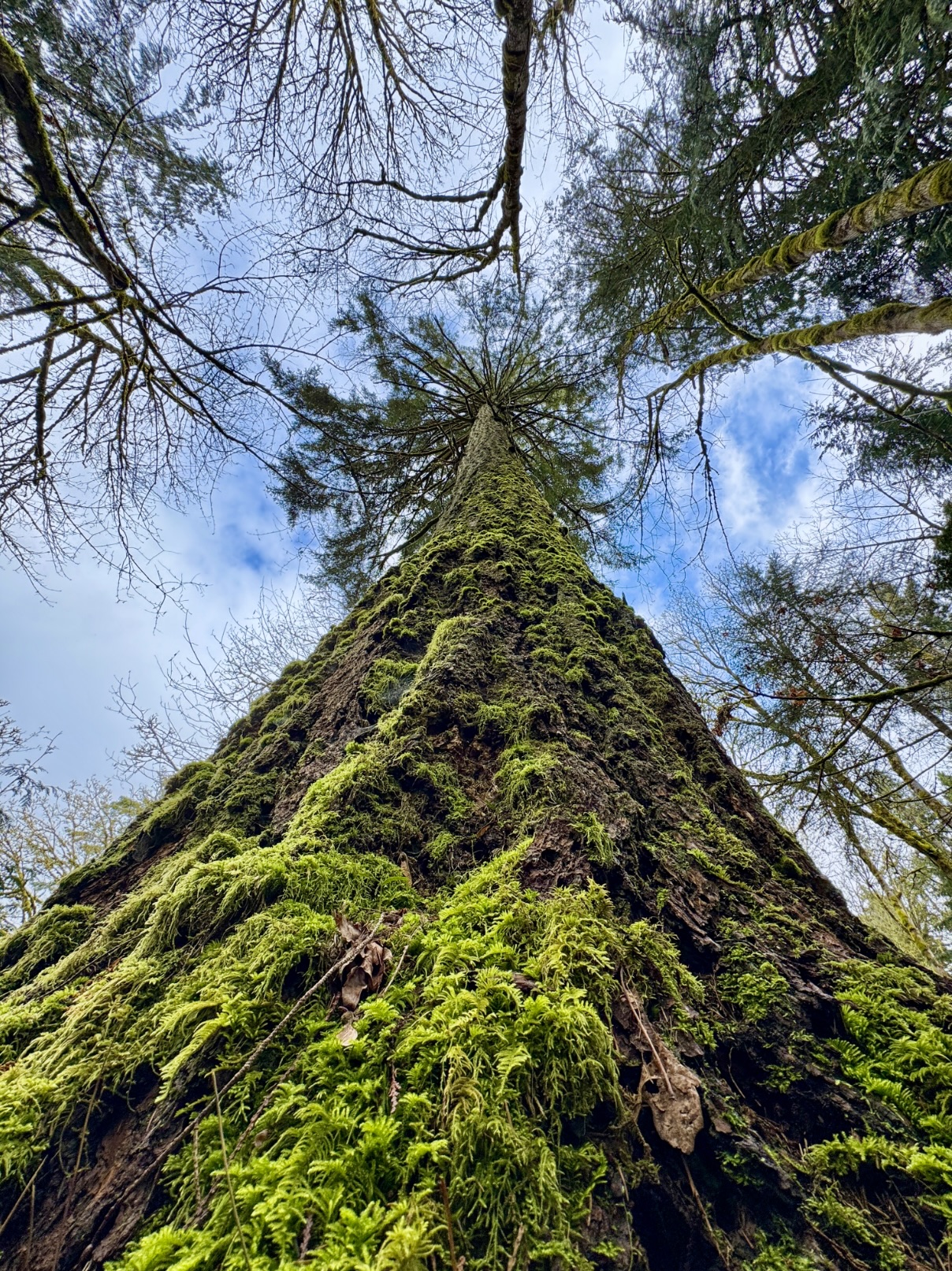 The Clallam County Superior Court denied environmentalists’ request for an administrative stay on two local Department of Natural Resources parcels, although it granted a motion to compel information from the state agency. If the stay had been granted, it would have barred logging-related activities for 90 days on the parcels named Parched and Tree Well. The motion to compel will require the Department of Natural Resources (DNR) to file administrative records relevant to the case by June 18 — a five-month delay from the original required date of Jan. 2. The logging rights for these two forests were bought by Oregon-based Murphy Company in December. The sale to the Eugene, Ore.-based Murphy Company was approved by the Washington State Board of Natural Resources in December. The Murphy Company is a more-than-a-century-old, family-owned wood products company based in Oregon, with a veneer mill in Elma.
The Clallam County Superior Court denied environmentalists’ request for an administrative stay on two local Department of Natural Resources parcels, although it granted a motion to compel information from the state agency. If the stay had been granted, it would have barred logging-related activities for 90 days on the parcels named Parched and Tree Well. The motion to compel will require the Department of Natural Resources (DNR) to file administrative records relevant to the case by June 18 — a five-month delay from the original required date of Jan. 2. The logging rights for these two forests were bought by Oregon-based Murphy Company in December. The sale to the Eugene, Ore.-based Murphy Company was approved by the Washington State Board of Natural Resources in December. The Murphy Company is a more-than-a-century-old, family-owned wood products company based in Oregon, with a veneer mill in Elma.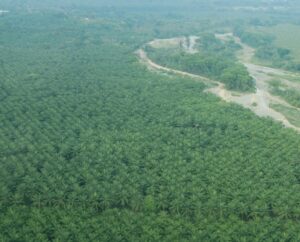 BRAZIL — Fallen logs are rotting, the trees grow sparser and the temperature rises in places sunlight hits the ground. This is what 24 years of severe drought looks like in the world’s largest rainforest. But this patch of degraded forest, about the size of a soccer field, is a scientific experiment. Launched in 2000 by Brazilian and British scientists, Esecaflor — short for “Forest Drought Study Project” in Portuguese— set out to simulate a future in which the changing climate could deplete the Amazon of rainfall. It is the longest-running project of its kind in the world, and has become a source for dozens of academic articles. …This resulted in the loss of approximately 40% of the total weight of the vegetation and the carbon stored within it from the plot. The main findings were detailed in
BRAZIL — Fallen logs are rotting, the trees grow sparser and the temperature rises in places sunlight hits the ground. This is what 24 years of severe drought looks like in the world’s largest rainforest. But this patch of degraded forest, about the size of a soccer field, is a scientific experiment. Launched in 2000 by Brazilian and British scientists, Esecaflor — short for “Forest Drought Study Project” in Portuguese— set out to simulate a future in which the changing climate could deplete the Amazon of rainfall. It is the longest-running project of its kind in the world, and has become a source for dozens of academic articles. …This resulted in the loss of approximately 40% of the total weight of the vegetation and the carbon stored within it from the plot. The main findings were detailed in 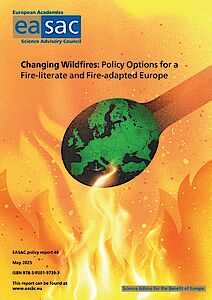
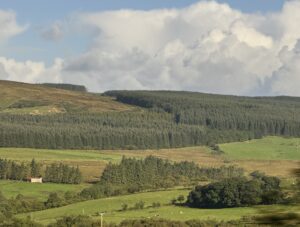 On May 22, the European Commission released its long-awaited country benchmarking classifications under the EU Deforestation Regulation (EUDR). …After years of development, one might have expected a risk classification tool robust enough to help companies navigate the complex terrain of global sourcing. Instead, the rankings are poised to mislead businesses into thinking certain countries are “low risk” when the realities on the ground tell a very different story. …The EUDR sets out dual requirements: products placed on or exported from the EU market must be both “deforestation-free” and “produced in compliance with the laws of the country of origin.” However, the EC’s benchmarking appears to focus overwhelmingly on deforestation metrics and existing EU political sanctions—giving little attention to equally critical issues like governance, corruption, and law enforcement capacity. Findings from Forest Trends’
On May 22, the European Commission released its long-awaited country benchmarking classifications under the EU Deforestation Regulation (EUDR). …After years of development, one might have expected a risk classification tool robust enough to help companies navigate the complex terrain of global sourcing. Instead, the rankings are poised to mislead businesses into thinking certain countries are “low risk” when the realities on the ground tell a very different story. …The EUDR sets out dual requirements: products placed on or exported from the EU market must be both “deforestation-free” and “produced in compliance with the laws of the country of origin.” However, the EC’s benchmarking appears to focus overwhelmingly on deforestation metrics and existing EU political sanctions—giving little attention to equally critical issues like governance, corruption, and law enforcement capacity. Findings from Forest Trends’ 


